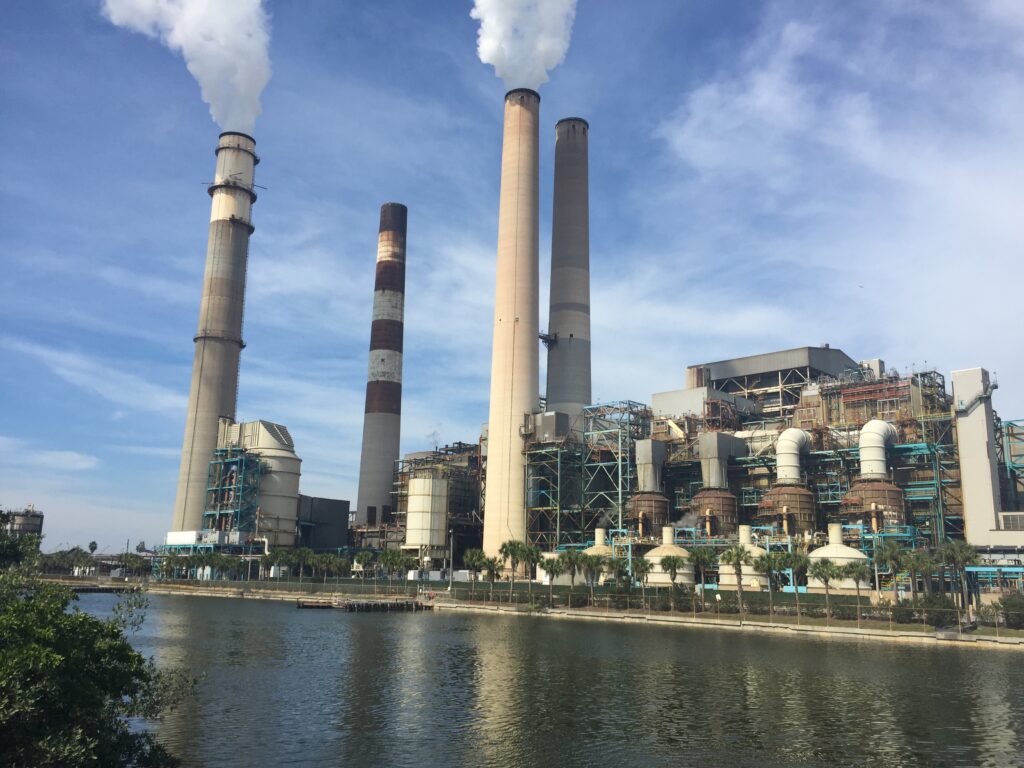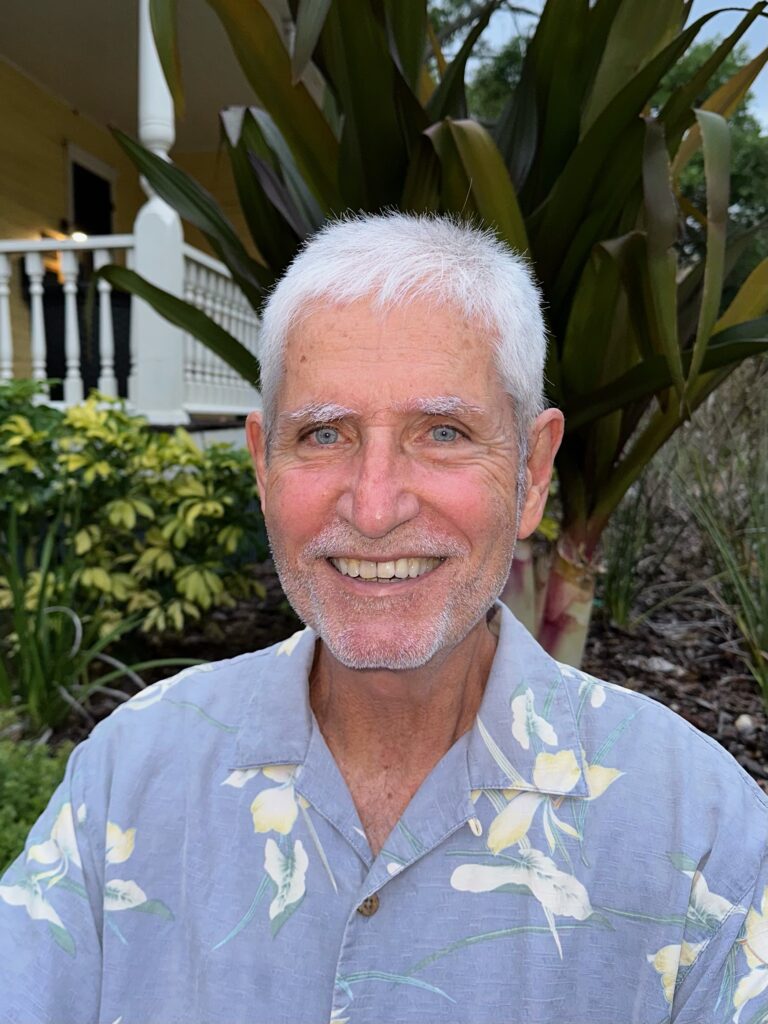By Jeff Dorian, Orlando Citizens’ Climate Lobby
Citizen volunteers will travel to Washington, D.C., later this month to speak with congressional leaders about supporting policy to reduce heat-trapping pollution.

Nearly 30 Citizens’ Climate Lobby (CCL) volunteers from 14 districts in Florida — including three from Orlando — will join over 800 of their fellow volunteers from across the country to advocate for clean energy legislation. Members have appointments to meet their members of Congress and their staff to educate, persuade and win their backing.
“I am excited to represent Central Florida in Washington, D.C., and convey the importance of protecting our local area from the rapid effects of climate change in our community,” said Suvra Gayen, Orlando CCL Chapter co-leader. “We are in the midst of a climate disaster. Its effects on Florida are imminent and we want to let our elected officials know we hope for their support to change the trajectory we are headed in.”
A cash-back carbon fee, which is a viable clean-energy solution, is at the forefront of the CCL lobbying agenda. Permitting reform and forestry policies are also discussion points.
Here’s how carbon fees work. A fee is assessed on fossil fuel emissions at the point of production or import. All revenue collected from this fee to be distributed equitably to all American households, reimbursing them for increases in their fuel expenses. By increasing the price of fuels based on their carbon content, clean sources of energy become relatively cheaper, incentivizing investment. Market forces then drive the transition to a clean-energy economy instead of government incentives and tax breaks.

Goods with high carbon content traded to or imported from other countries would face fees or discounts to protect manufacturers from unfair competition. It’s a solution with growing bipartisan support, especially because of the trade adjustments.
A growing number of Republican leaders are speaking out in support of a carbon fee with a border carbon adjustment, most notably Mitt Romney, Lisa Murkowski and Mike Braun. A total of 46 countries already price emissions through carbon taxes or emissions trading schemes, including our major trading partners Mexico, Canada, China and the European Union. The United States is one of the few industrialized nations without a price on emissions.
The cash-back carbon fee issue missed being included in last year’s Inflation Reduction Act by one vote. CCL members made over 20,000 calls, texts and emails lobbying for its hotly debated passage. It’s up to our new Congress to finish the job.
Jeff Dorian is the chapter co-leader of the Orlando Citizens’ Climate Lobby, a nonpartisan, nonprofit organization that brings together volunteers from across the political spectrum to advocate for legislation to tackle climate change.
This opinion piece was originally published by Orlando Sentinel, which is a media partner of The Invading Sea website (www.theinvadingsea.com). The site posts news and commentary on climate change and other environmental issues affecting Florida.



